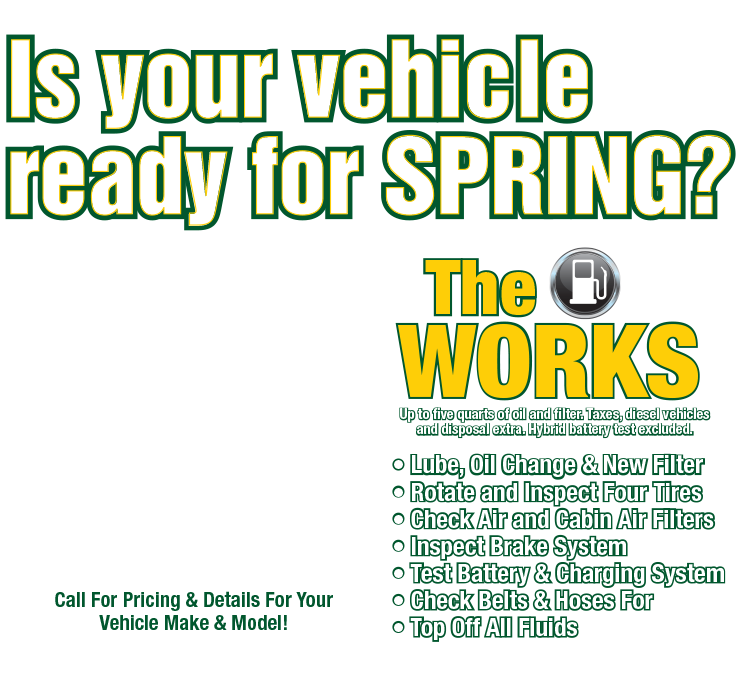Bad Vibes (Disc brake rotor problems)
September 26, 2021
If you were to name the most important safety feature on your vehicle right now, what would your answer be? A lot of driving experts would agree that it’s your brakes. Most newer vehicles use a well-engineered and efficient style of brakes called disc brakes.
The name disc brakes comes from one of the components: a disc attached to the wheel hub that is squeezed by parts called calipers. If you’ve ever ridden a bicycle with hand brakes, you probably have seen how they squeeze against the rim of the bike wheel to stop the bike. It’s similar to the way your vehicle’s calipers squeeze against the disc rotor, with added parts called brake pads attached to the calipers that are what create the friction and stop your vehicle.
Here’s why disc brakes need regular maintenance. Over time, that friction creates wear and tear on the brake pads and the rotors, and you’ll start to see the signs. Your brakes may have one of the 3 “S” sounds: squeaking, squealing, or scraping. The sound is usually the first sign of brake pad wear which can lead to rotor damage. Soon you may notice a pulsating or vibration when you brake. That’s because your once smooth and straight rotor disc is warping from the heat generated from friction. Or it may be due to wear. Eventually, your brakes will take a longer distance to stop your vehicle, and the rotors can have grooves carved into them.
When you start noticing any of these signs, it’s a good idea to have them inspected by a trained technician. They will measure the rotor thickness, check wear patterns for grooves and heat discoloration, and see how much of the brake pads remain. They will also check to make sure all brake components are moving freely, check your brake fluid, and look for corrosion.
Most vehicle manufacturers require worn or damaged rotors to be replaced, not resurfaced. It’s all part of a complete brake job, replacing pads and the brake hardware parts along with the rotors. It reduces the chance of premature failure.
How often you will need your brakes serviced depends on the manufacturer’s recommendations, your driving habits, and the environment you live in. Your service facility can recommend the best replacement parts based on those factors.
Regular maintenance and attention are vital for keeping your brakes performing like they are designed to. Remember, your brakes are your vehicle’s most important safety feature.
Sterling Tire & Auto
34701 Van Dyke Rd
Sterling Heights, Michigan 48312
586-264-7775
Need Service?
More articles from Sterling Tire & Auto

What?s That Yellow Squiggly Line Anyway? (What Warning Lights Mean)
March 1, 2026
You may have noticed when you start your vehicle, youll see several symbols light up on the dash. Theyre different colors and shapes, and sometimes its hard to figure out what each of those symbols mean. They are warning lights and symbolize something in your vehicle is sending you a message. I... More

If the Shoe Fits (Brake Shoe Replacement [Rear])
February 22, 2026
When it comes to brakes on your vehicle, we all know how important it is to keep them working well because they are vital safety equipment. After all, if you cant slow down and stop, you cant drive safely. While many vehicles use what are called disc brakes, theres another type of brakes that ... More

Rumble from Down Under (Muffler Replacement)
February 15, 2026
Weve all noticed them at one time or another on the street: a car or truck that drives by and the deep roar from their exhaust system sounds like a drag racer on the line. But what happens when that rumble is coming from under YOUR vehicle? Well, it could be a sign your muffler needs attention. ... More








